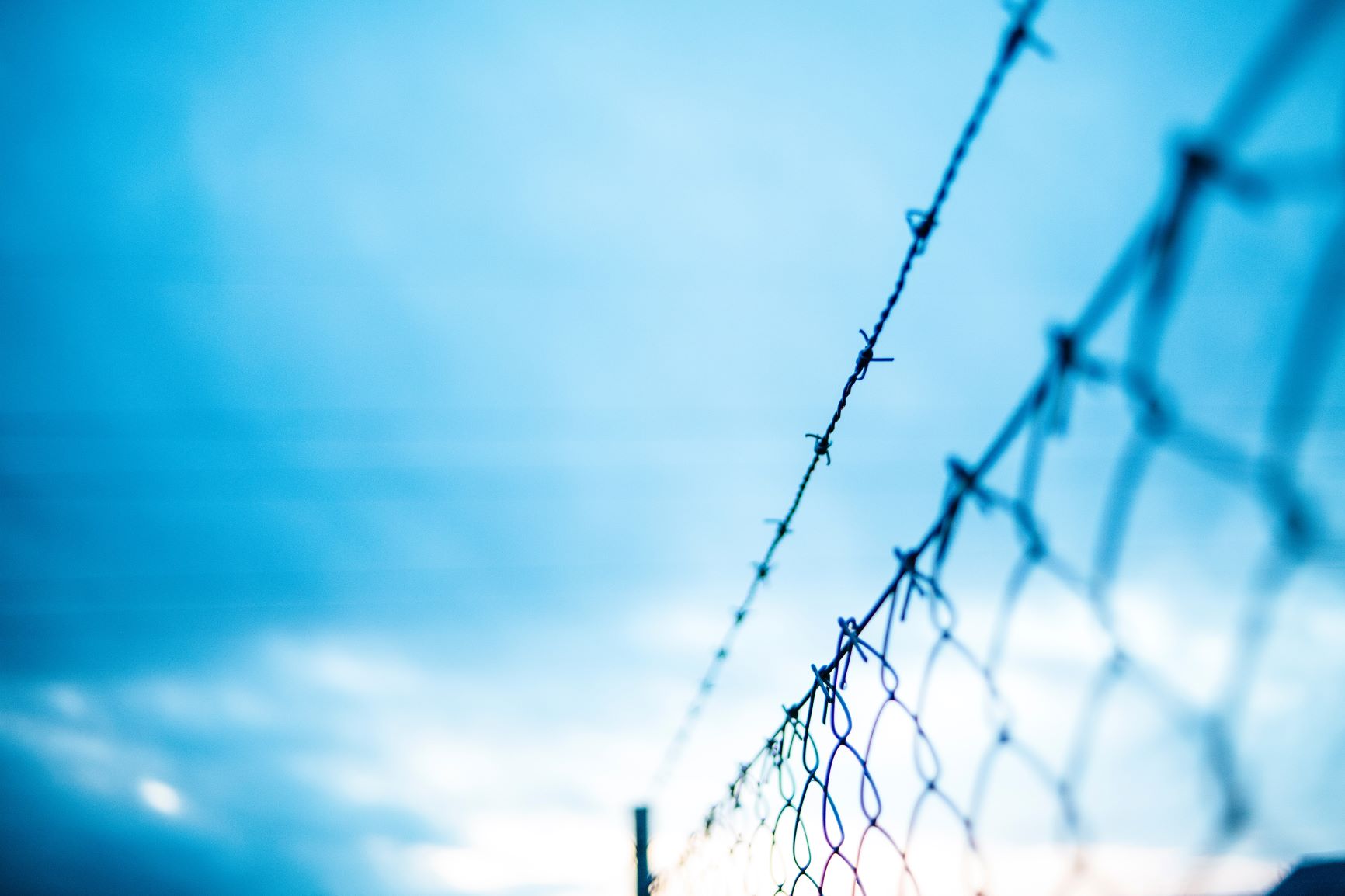CLAS is celebrating its victory in two decisions released last month by the BC Court of Appeal, both of which raise broad questions about access to justice for marginalized people attempting to assert basic rights within a complex and daunting legal system.
The human rights complaints that gave rise to these appeals share striking similarities. Both were brought by former prisoners who said they had been discriminated against by the Province while they were under its care and control. One individual said the Province prevented him from fulfilling his religious requirements by forbidding him from wearing his turban while in custody. The other, a prisoner with a disability, said that the Province put his health and the health of other prisoners at risk by applying a policy that resulted in interruptions in access to medication.
Both of our clients overcame numerous barriers to assert their rights to be treated with dignity by the state during the course of their incarceration. One major barrier was lack of access to legal advice. Both, at one point or another, faced setbacks when they were not able to effectively consult with a legal representative about the treatment they had experienced. English language abilities, as well as other barriers to communication, also presented difficulties for our clients.
Even after managing to overcome these substantial obstacles to file their complaints, our clients faced further barriers created by the complexities of our legal system. After the complaints were filed, the Province asked the Human Rights Tribunal to dismiss each of them without a hearing. The Province made a variety of different technical arguments in support of this request. The complaints were too vague. They were too late. They were not important enough to proceed.
The Tribunal, in both cases, rejected many of the Province’s arguments and decided to allow at least parts of the complaints to proceed to hearing. In doing so, the Tribunal recognized the unique barriers faced by these individuals in achieving recognition of their rights to equal treatment. The Tribunal observed that permitting the complaints to proceed could further the special and important purposes of our human rights legislation.
The Province chose to appeal both of these preliminary decisions. It is important to remember that the Tribunal had not decided the claims were justified; rather, the Tribunal had simply decided that these individuals should have opportunity to have their stories heard and their complaints adjudicated.
One wonders what was it about these cases that made the Province oppose the hearing of these complaints so vigorously. Was the Province merely defending its legal position, just as a private party facing an allegation of discrimination might do? Or was it something to do with the fact that these individuals were asserting rights to be treated equally and with dignity within the course of their incarceration by the state? Though our legal system has long recognized that the application of human rights law does not stop at the prison’s gate, is there nevertheless a lingering paradox in the assertion of such rights? In fact, to date, the Province has not answered to the substance of our client’s complaints.
We argued that it is essential that human rights law is responsive and flexible in these situations, since it is those who are most in need of the law’s protection who are the most likely to face barriers in accessing it. Thankfully, the Court took note of these barriers and upheld the Human Rights Tribunal’s decisions to allow these complaints to proceed to hearings.
Our clients each endured a delay of many years before achieving success in our province’s highest court. These kinds of delays seriously impede access to justice, particularly for people experiencing various forms of marginalization. We’ll continue to fight to ensure that that everyone is able to achieve meaningful recognition of their basic rights, regardless of the context in which these rights are asserted.

